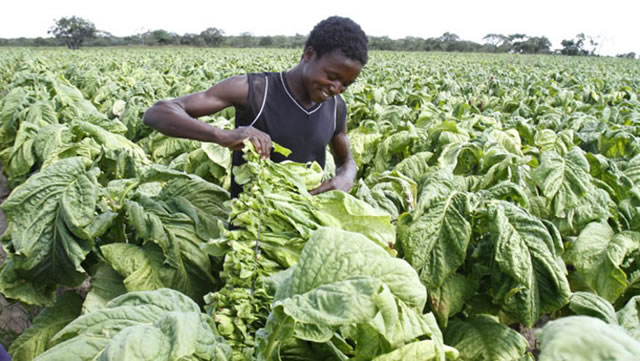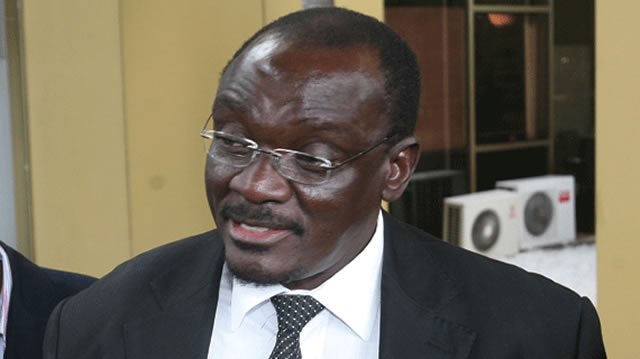Editorial Comment – Harare water: Use alternatives carefully

 Harare’s piped municipal water is safe to drink, and until someone can prove otherwise residents need to accept this and only use alternatives if they prefer the taste and are totally certain that the alternative is safe.
Harare’s piped municipal water is safe to drink, and until someone can prove otherwise residents need to accept this and only use alternatives if they prefer the taste and are totally certain that the alternative is safe.
Over the years The Herald has collected samples and sent them for testing.
We have used a number of laboratories, in recent years those of the Standards Association of Zimbabwe.
Every test has come out stating that the water from the taps is safe and that dissolved salts and solids are within the guidelines set by the World Health Organisation.
It is worrying that some people, who indulge in the unhelpful pastime of listening to every rumour, assume that tap water is harmful and give their children water from an untested borehole or, far worse, from a well.
We agree that most boreholes drilled in Harare are safe, largely because they are drilled into granite or ironstone, and that many wells are likely to be; but there is no guarantee that there is no contamination.
In the low-density suburbs septic tanks are the normal method of sewage treatment.
This means that people in suburbs such as Highlands, Borrowdale, Hatfield, Mount Pleasant and Greendale store and treat raw sewage in their backyards and return the treated effluent to the underground water supplies.
Contamination is possible.
Some industrialists are known to dump waste into pits. The ground does filter much, but a lot depends on how far the contaminated water has flowed underground and what it has seeped through.
Where critics of Harare municipal water have a far stronger case is the taste of the water.
Quite often it does not taste as good as bottled water, or borehole water.
The city water is chlorinated to kill just about anything still in it when it leaves the treatment plant. The dissolved chlorine quickly goes, but traces do add to the taste.
Some people keep their water in a sealed container for 24 hours to ensure that the chlorine is lost; others go as far as storing drinking water in a clear container in the sun to get this done faster, and some of those then shake up the water to get some air into it.
They say the taste improves.
There is also the thought of what has been done to the water to treat the garbage drawn from Lake Chivero. Even if it was pure distilled water in our taps, people would naturally imagine more.
People are entitled to drink what they wish. But before using alternatives to tap water they should ensure that the borehole or well they are using does contain safe water.
Many schools that use boreholes, for example, do have their water tested regularly, and others can do the same.
The Government has put in rules on what those who sell bottled water must do and tests to ensure that they follow these rules.
While a lot of bottled water does come from boreholes, most sellers now also filter it.
What we are urging people to do is to think straight, realise that city councils do take many measures to deliver safe water, and take the same sort of care themselves when they choose an alternative.
The rumour machines are not necessarily better than the scientists.










Comments